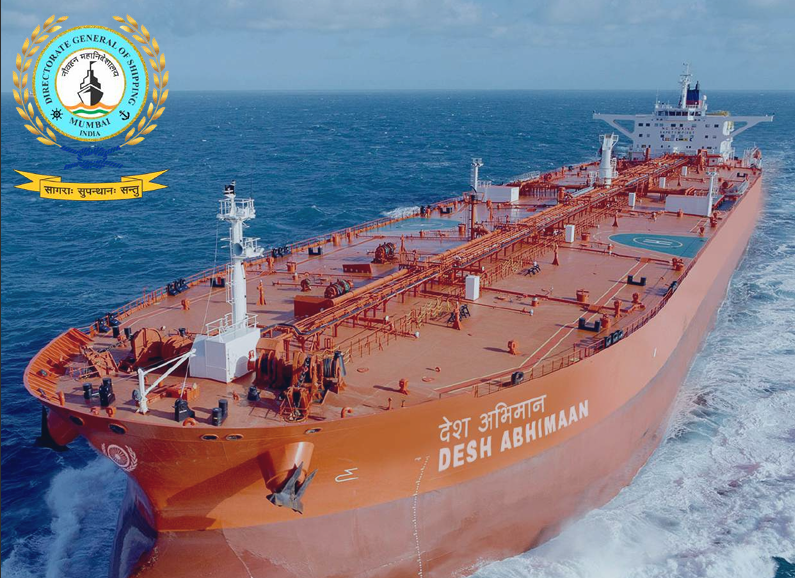
The India DGS has set out biofuel bunkering guidelines and has invited comments from stakeholders.
The DGS recognises the critical need to reduce greenhouse gas emissions and improve air quality in Indian coastal waters and port regions. It has issued a draft circular to enable and regulate biofuel bunkering activities in accordance with established global standards and best practices.
These guidelines apply to:
• All biofuel bunkering operations within Indian ports, anchorages, offshore facilities, and territorial waters.
• Indian and foreign-flagged vessels receiving biofuels, as well as all entities involved in the supply, handling, storage, and delivery of biofuels.
• Various modes of bunkering, including Tank Truck-to-Ship, Shore-to-Ship, and Ship-to-Ship transfers.
• Covered fuels include FAME, FAEE, SVO, HVO, Bio-FT-diesel (bioFischer-Tropsch diesel), and approved blends up to B30.
These provisions are to be read in conjunction with applicable IMO conventions, BIS fuel standards, and other national and international regulatory frameworks.
These guidelines are crucial for facilitating the responsible uptake of biofuels in the shipping sector, aligning Indian practices with international conventions, and contributing to a modern, resilient, and environmentally conscious maritime ecosystem.
Download the circular: India DGS set out biofuel bunkering guidelines draft circular

